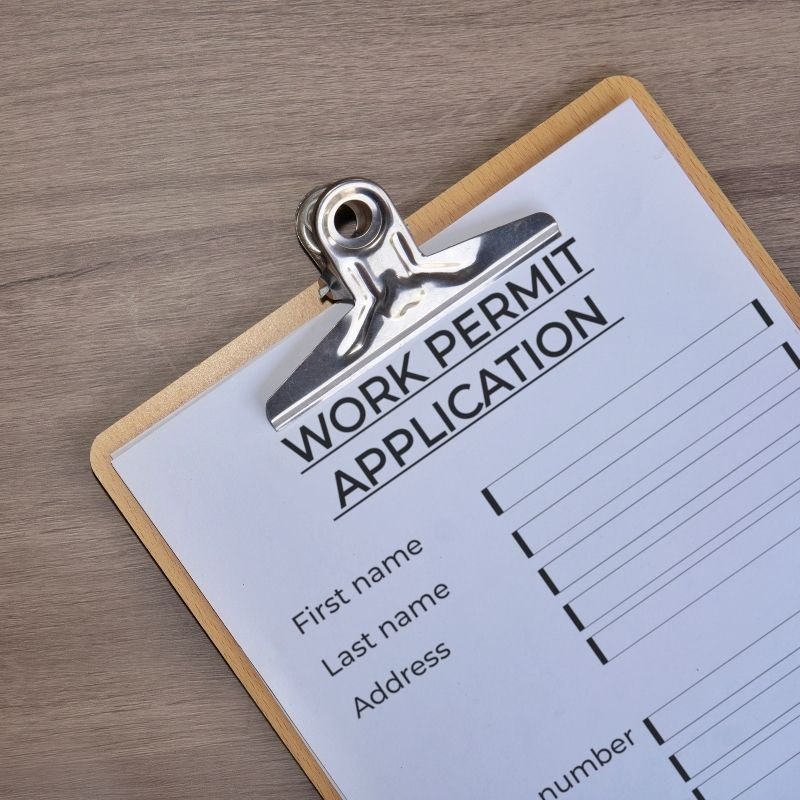table of contents
Introduction
Kenya, known for its rich wildlife, scenic landscapes, and vibrant culture, is increasingly attracting expats from around the world. Whether it’s for work, business opportunities, or the allure of a new adventure, Kenya offers a unique experience that blends urban living with proximity to nature. With Nairobi emerging as a tech and business hub, and the Kenyan coast offering a more relaxed lifestyle, relocating to Kenya can be both exciting and rewarding — if you come prepared. Here are ten essential things you should know before making the move.
1. Understanding the Culture
Kenya is home to over 40 ethnic groups, each with its own traditions, languages, and customs. While English and Swahili are the official languages, you’ll hear many local dialects spoken across the country. Kenyan culture places a high value on community, hospitality, and respect for elders.
As an expat, showing interest in local traditions, learning basic Swahili phrases, and attending cultural events can go a long way in integrating and building meaningful relationships.
Recommended Resource: Kenya Cultural Centre
2. Cost of Living
The cost of living in Kenya can vary widely depending on your lifestyle and location. Nairobi, the capital, is significantly more expensive than other towns, with upscale neighborhoods like Westlands and Karen offering premium housing at international rates. However, many daily expenses such as groceries, public transport, and dining out are generally more affordable compared to Western cities.
Typical Monthly Expenses in Nairobi:
- Rent (1-bedroom in city center & outskirts): $400–$900
- Utilities: $50–$100
- Transportation: $30–$60
- Groceries: $150–$300
More Info: Numbeo – Cost of Living in Nairobi
3. Visa and Residency Requirements
To move to Kenya legally, expats need a valid visa. Short-term stays (up to 90 days) are covered by a tourist visa, which can often be extended. For long-term stays, you’ll need a residency or work permit depending on your employment or business status.
Common Permits:
- Class D: For employed professionals
- Class G: For investors and entrepreneurs
- Dependent Pass: For spouses and children of permit holders
Applying for permits can take time, so it’s advisable to begin the process early and consult with Kenyan Immigration Services.
???? Kenyan Immigration Services: immigration.go.ke
4. Healthcare System in Kenya
Kenya has both public and private healthcare systems. While public hospitals are affordable, they can be crowded and under-resourced. Many expats prefer private hospitals for better service and quicker access to specialists.
Health insurance is essential and often offered through international providers. Reputable private hospitals in Nairobi include Aga Khan University Hospital and Nairobi Hospital.
Healthcare Information: Kenya Medical Association
5. Housing Options
Expats have a wide range of housing options, from serviced apartments to family homes in gated communities. Nairobi, Mombasa, and Kisumu all have expat-friendly neighborhoods with modern amenities and security.
Popular Expat Areas in Nairobi:
- Karen: Green, suburban, and quiet
- Westlands: Lively, centrally located, great for young professionals
- Runda and Gigiri: Close to UN offices and embassies
Look for housing on: buyrentkenya.com, or local Facebook expat groups
6. Transportation in Kenya
Public transportation in Kenya includes matatus (shared minibuses), buses, and motorbike taxis. While cheap, matatus can be chaotic and lack safety measures. Many expats prefer using ride-hailing apps like Uber, Bolt, or Little Cab for convenience and safety.
Driving in Kenya is on the left-hand side, and local driving licenses can be obtained by converting your international license or through the National Transport and Safety Authority (NTSA).
NTSA Website: ntsa.go.ke
7. Education for Expats
Kenya has a strong selection of international schools, especially in Nairobi and Mombasa. Most offer British, American, or IB curricula, making transitions smoother for expat children.
Top International Schools:
- International School of Kenya (ISK)
- Braeburn Schools
- Hillcrest International
Tuition can be expensive, so ensure your relocation package includes educational allowances if needed.
Find schools: International Schools Database – Nairobi
8. Safety and Security
While Kenya is generally safe for expats, petty crime such as pickpocketing and burglary can occur, especially in urban areas. It’s best to take common-sense precautions:
- Avoid walking alone at night
- Use reputable taxis or ride-hailing services
- Lock doors and use security systems in homes
The government has improved security in expat areas, but staying informed via embassy updates is advisable.
Travel Advisories: travel.state.gov
9. Networking and Community
Building a network is key to settling in. Nairobi has an active expat scene with numerous social clubs, professional networks, and interest-based groups. From hiking clubs to business forums, you’ll find ways to connect with like-minded individuals.
Start by joining Nairobi Expat Facebook Groups, attending embassy events, or enrolling in community classes. The Kenya Expat Network is also a great platform for information sharing and friendship.
10. Understanding Local Cuisine
Kenyan food is diverse, flavorful, and affordable. Staples like ugali (maize meal), nyama choma (roasted meat), and chapati are must-tries. Nairobi has a growing restaurant scene, offering everything from local dishes to international cuisine.
Food lovers can explore farmers markets, coastal seafood, and traditional delicacies in local eateries and homes.
Culinary Resource: Kenya’s Food Network
Conclusion
Relocating to Kenya as an expat offers a vibrant, enriching experience full of cultural exchange, professional growth, and adventure. From navigating the visa process to finding your community and embracing local customs, preparing well can help ease your transition. Be proactive, stay open-minded, and don’t hesitate to tap into the knowledge of fellow expats already living in Kenya. With the right mindset and resources, Kenya can quickly feel like home.






